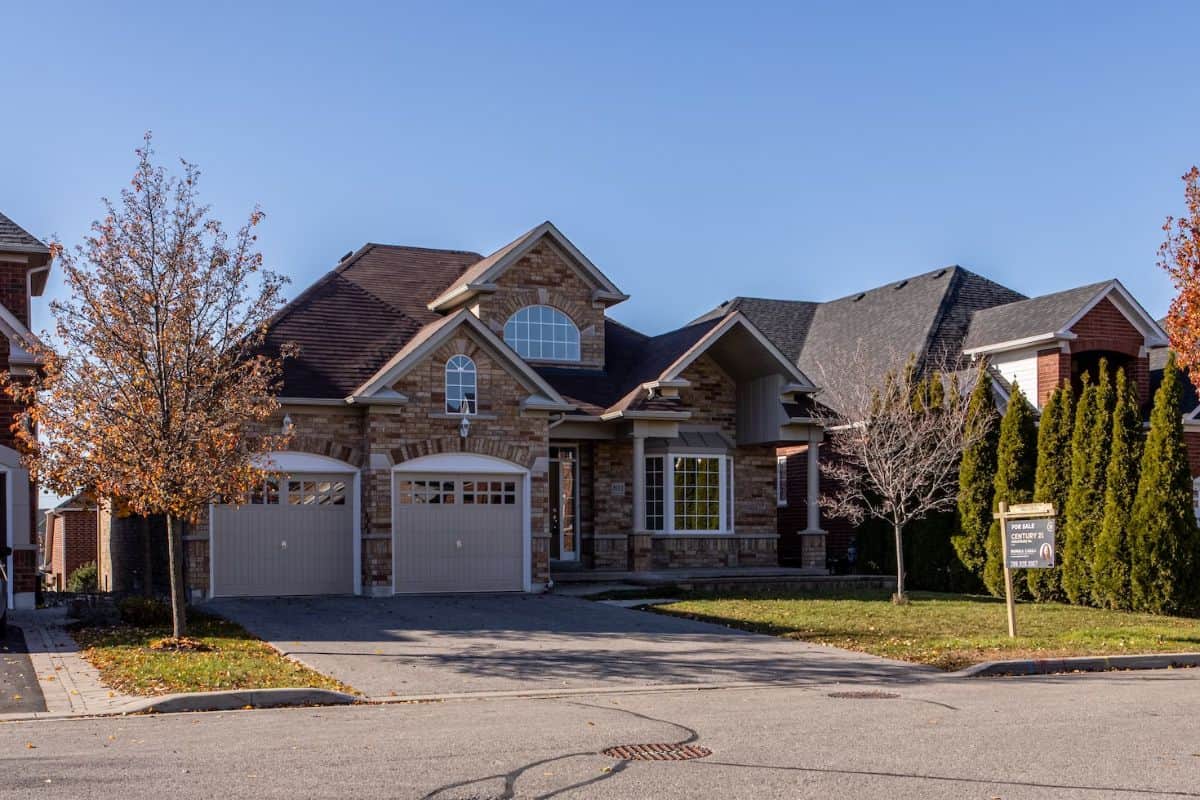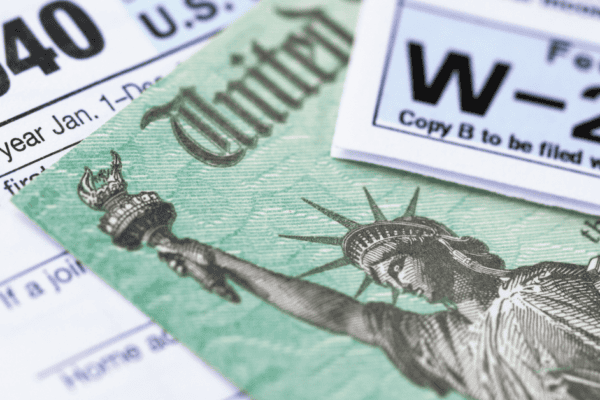Q: I’m currently renting a house and I’m considering buying. Which makes more sense financially?
A: This is a complex question, and the answer depends on a lot of factors. But even if you could identify all of the factors and put numbers on each, this wouldn’t necessarily answer the question of which is the better choice for you.
For most people, the best reasons to own a home have little or nothing to do with whether it’s a good financial investment. Everyone desires a comfortable place to live and raise their family. Which house you choose, and how you pay for it, is not just an investment. First, it’s a lifestyle choice.
Buying can be a good way to assure long-term stability. For example, buying can enable your kids to remain in the same school district, while rental leases may not be renewed, forcing your kids to change schools unless you can get another rental in the same district.
Renting is generally considered to be financially less desirable than owning, because renters don’t acquire equity – actual ownership – so they must continue to rent their entire lives, while owners must continuously pay taxes, upkeep costs and insurance premiums. Yet, if people rent at low enough costs, they may have money left over to invest and make up for their lack of home equity. The problem is that most renters don’t have the discipline to do this.
Another advantage of owning is potentially getting a tax deduction on mortgage interest. For some, this can significantly increase disposable income year to year. Also, as this deduction lowers average monthly costs of ownership, it can enable people to own more house than they could afford to rent. But remember: A larger house usually means larger utility bills.
Not surprisingly, the total costs of owning can rudely surprise renters when they eventually buy. These costs can include the down payment, mortgage payments, property taxes, insurance premiums, maintenance, and home improvements. And, this doesn’t even include the commission, around 6 percent, that most pay realtors for selling their houses.
Many renters worry about not being in a position to benefit from appreciation – the rise in the value of their home over time. However, various analyses suggest that these worries may be groundless because, over long periods since the late 20th Century, there has been precious little – if any — average real (after inflation) appreciation of home prices in the U.S. One widely respected source of home price data, the Case-Shiller index, shows that between the mid-1950s and the mid-1990s, when adjusted for inflation, homes didn’t really appreciate at all.
There was astronomical price appreciation between the mid-1990s and mid-2000s, but we all know what happened when the air came out of this tire–the housing price collapse of 2008. The Case-Shiller index shows that nationwide prices are still short of where they were before this crash.
Examining the issues of renting versus buying does make one thing clear: It’s not wise to rent or own more house than you can afford. If you buy, plan on staying put for a minimum of seven years or longer and resist the urge to keep trading up to more expensive homes. And upon retiring, consider moving into a smaller, less expensive home.
For many, renting makes a lot of sense. If you go this route, be sure to save and invest enough money to make up for your lack of equity. Without equity in a home to sell as you embark on retirement, you’ll need more accumulated investment assets to draw from.



